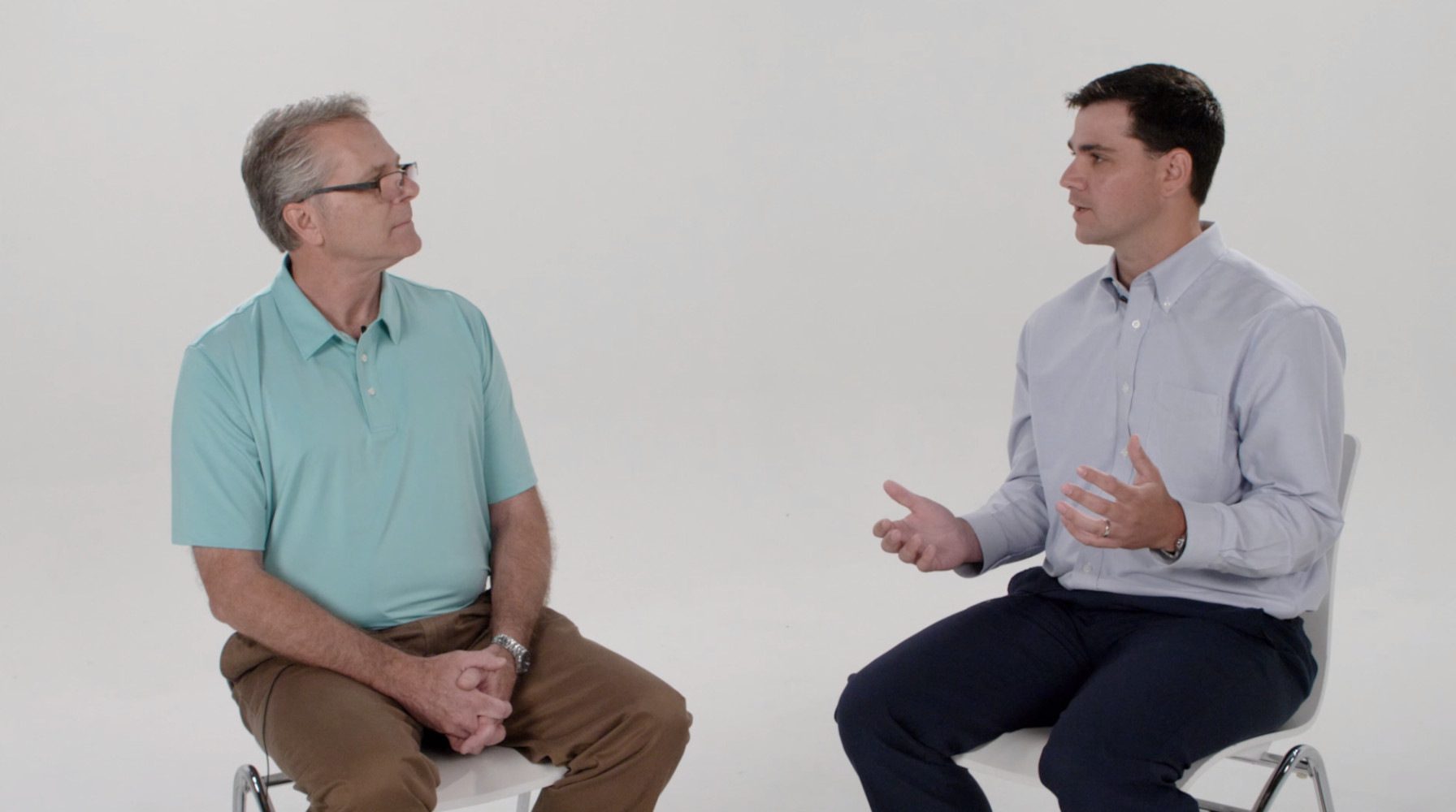Ask an Advisor: How Much Do I Need for Retirement?

Transcript
David: 00:08
Hello, I’m David Hemler, and we’re here with Jake Sturgill on our Ask An Advisor series with Puckett & Sturgill Financial Group. And Jake, one of the questions that I know you’re often asked as well as I am is: how much do I need to retire?
Jake: 00:23
Saving for retirement is an incredibly complex decision and conversation. And, to your point exactly, it’s got to be one of the most common questions that we’re asked. And there’s a lot of rules of thumb out there. But, at the end of the day, it’s an incredibly personal decision, and there’s no ‘one size fits all’ approach.
David: 00:42
Those rules of thumbs, they can be both a benefit and maybe, at times, a detriment as well. Yeah.
Jake: 00:48
Especially if you don’t understand the decisions and the pros and cons involved with all the decisions. Some basic tenets that you are going to want to consider and then really factor into this decision-making framework are: what sort of lifestyle do you want to live? In other words, how much money do you think you’d like to spend? When would you like to retire? And how long do you think you’re going to need that money to last? Because, at the end of the day, nobody knows when their final day will be. There’s no way of predicting that, but these are all critical elements.
David: 01:19
A lot of pieces to the puzzle to put together, figuring it all out.
Jake: 01:24
Absolutely, but I think if you’re like most people, you don’t want to necessarily live a lesser standard of living, you want to maintain your standard of living throughout retirement.
David: 01:34
I know I’ve read and see a lot of things in the literature in financial planning about this 60 to 80% of your preretirement income needed in retirement. Would you agree with that rule of thumb? Does that fit into the picture a lot?
Jake: 01:47
Certainly, and I think it’s well-documented that you don’t necessarily need to replace all of your income in retirement. Because, after all, in retirement you’re not going to be saving for a retirement. You might pay a little bit less in taxes, and you might even spend less or just spend differently than you were in those years saving up to retirement.
David: 02:05
Mm-hmm (affirmative). Where do we go from here then, Jake?
Jake: 02:08
I would encourage you to meet with your financial advisor to get an objective opinion and look at things like: how much have you accumulated so far? What’s your asset allocation? What’s your savings rate? And what’s your time to retirement?
David: 02:22
Mm-hmm (affirmative). So, a lot of pieces to this puzzle for us to figure out. And we, the folks here at Puckett & Sturgill, the advisors, we’re happy to help you. Just give us a call, or click on our email and send us a question of your own. Thanks.


